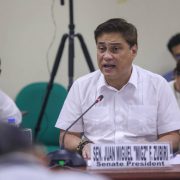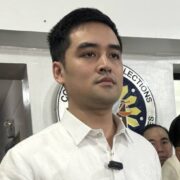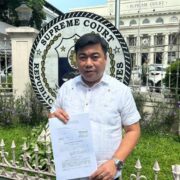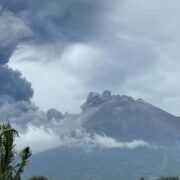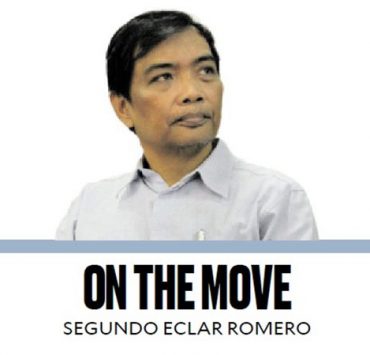Marcos Jr.: Machiavellian or meek?
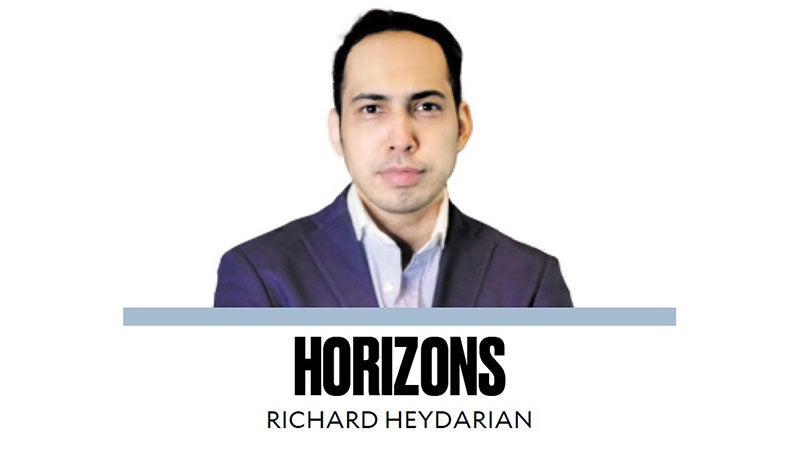
What a difference a day or two can make in Philippine politics. During an ambush interview in Quezon province, President Marcos seamlessly confirmed “leaked” copy of his supposedly “private communication” with congressional leaders regarding possible impeachment proceedings against Vice President Sara Duterte.
“Well, it was actually a private communication but [it was leaked], yes. Because that’s really my opinion. This [impeachment] is not important. This does not make a difference to even one single Filipino life. So, why waste time on it?” the commander in chief told reporters, immediately pouring cold water on any rumors of potential impeachment against his former “UniTeam” ally.
And then, it got a tad bizarre: When asked about potential reconciliation with Sara Duterte, Mr. Marcos nonchalantly said: “Never say never.” Both his tone and timing, however, seemed immediately odd. Mind you, this is the same president that, in a spirited national address just the other day, vowed a decisive response following the Vice President’s unprecedented assassination threats against not only the President but also the First Lady. “That criminal plot should not be allowed to pass … I’ll fight it,” declared Mr. Marcos in one of his finest speeches on the record. “As a democratic country, we need to uphold the rule of law.”
From a stern, uncompromising leader, Mr. Marcos quickly reverted to characteristic insouciance. So, dear reader, what on earth happened? In fairness, the President had good reasons for his intervention. To begin with, everyone knows that, as things stand, there are simply not enough senators willing to back an impeachment proceeding. More than a few are either allied to the former president or/and are wary of alienating the “Solid South” base of the Dutertes in lieu of their own electoral ambitions down the road.
Moreover, the President was likely—upon the advice of economic managers—spooked by how bad headlines could undermine the country’s image among investors. After all, wasn’t Mr. Marcos’ top priority to “reintroduce” the country to the world after six years of Duterte era debacle?
His “de-escalation” priority was fully on display during his speech before the Armed Forces of the Philippines. “Don’t be distracted by what’s happening. Let’s stay focused, all of us,” he told the men in barracks. “Is it my job to debate over useless issues? No. My job is to make the Philippines prosperous. On your part, you have your mission.”
But Mr. Marcos’ intervention had its unintended consequences. To begin with, it only reinforced perceptions of him as a “weak leader,” who is excessively conflict-avoidant. It’s always good to sue for peace, but from a position of confidence and credibility!
It also does not reinforce his claim to respecting the “separation of powers” and the autonomy of the legislature.
An “opinion” from the President, who controls the purse, is never taken lightly by Congress. Moreover, the President may have inadvertently undermined the momentum behind and overall authority of the quad comm hearings. As former senator Leila de Lima correctly pointed out, this is not about threats to Malacañang alone, which would have elicited decisive response in any self-respecting democracy, but also alleged “plunder of confidential funds.”
By all indications, it seems that the President may prefer a “slow-burn” strategy, whereby he systematically isolates and marginalizes the Dutertes, who are already in a meltdown mode, until the notorious dynasty is rendered politically impotent. But what is the assurance that the momentum will not shift back in Dutertes’ favor as Marcos enters his twilight years in office?
The other option would be a “snowball effect” strategy, whereby the Dutertes are confronted with multiple cases—both criminal charges and impeachment proceedings—simultaneously until sufficient political capital is built up for a deus ex machina. With the elections fast approaching, however, this strategy could also backfire by allowing the Dutertes to portray themselves as victims of political persecution.
There is, however, a final option. As former senior associate justice Antonio Carpio recently told me, the International Criminal Court (ICC) can have an “accelerator effect” if it manages to secure Mr. Marcos’ cooperation for the issuance of warrants of arrest for perpetrators of mass atrocities under the Duterte administration. The ICC may end up as “the” key that unlocks the whole puzzle of holding the Dutertes accountable for their swashbuckling and anti-constitutional populism. Mr. Marcos should stop dilly-dallying. The moment of truth is fast approaching.
————–
rheydarian@inquirer.com.ph







